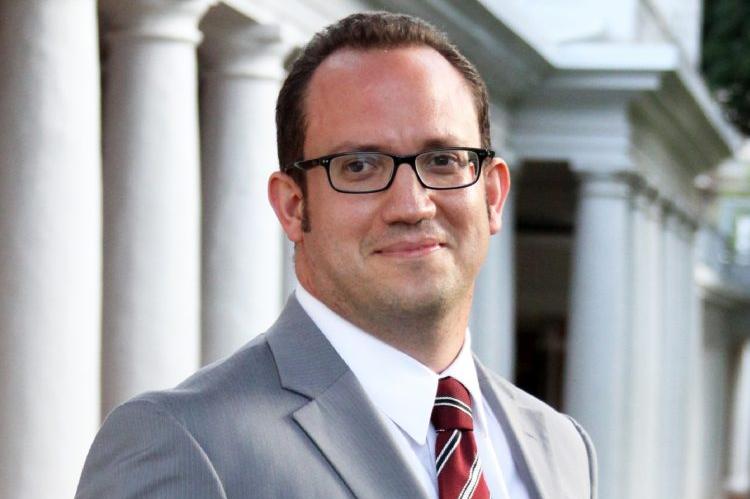Al-Monitor makes factual mistakes
Barin Kayaoglu’s article published in Al-Monitor includes factual mistakes
Barin Kayaoglu had an opinion piece published on the Al-Monitor website on 20 September 2017. Kayaoglu’s article includes some factual mistakes and leaves some important information out of assessment.
Firstly, Kayaoglu states that Turkey’s new K-12 curriculum has expanded religious instruction. However, he does not provide any details of the “expansion.” The fact is that religious classes have been increased from one hour to two hours a week in both primary education and secondary education.
Secondly, while emphasizing the new K-12 curriculum’s inclusion of the concept of jihad, he again did not enter more details concerning the issue. A previous Fact-Checking Turkey article showed that the concept of jihad will be in only two classes: fiqh [Islamic law] which is taught only in Imam Hatip schools [schools with additional courses of religion] and The Fundamentals of Religion class which is selective. Education Ministry Undersecretary Assoc. Prof. Yusuf Tekin explained the aim of teaching the concept in a TV show as follows: “The fundamental objective of introducing students to the concept of jihad [...] is to teach them the genuine meaning of the term, which is to struggle against one’s own detrimental desires – and therefore prevent them from being exposed to the distorted popular form identified with sheer violence.” In doing so, it will be taught that jihad does not mean a violent struggle “to eradicate obstacles to restoring God's rule on Earth and defending the Muslim community, or umma, against infidels and apostates.”
Thirdly, the author raises a claim that “[...] if evolution is ‘too complicated’ for adolescents, religious texts — with their frequent use of metaphors and allegories — might be even harder for them to grasp,” by quoting from Education Minister Ismet Yilmaz, who argues evolution “is above the students’ level and not directly relevant.”
However, focusing on complex philosophical analyses of religious texts is not counted among the goals listed by a curriculum guideline for religious culture and moral knowledge courses which was released by General Directorate on Theology Education in 2010. Instead, students will be taught some universal principles and values that are shared by both Islam and other belief systems: justice, family, peace, love, help, wisdom, social ethics, secularism, culture, Islam, Christianity, Judaism, conscience, scientificness, sense of democracy, and environmental consciousness. In addition to this, a report published in 2016 by a Jerusalem-based research institute that analyzed 117 school textbooks in Turkey, concluded that “Turkish school students are currently taught to value Western civilization.”
Fourthly, he asserts that the “Turkish educational system took a religious turn when the military regime of 1980-83 imposed as series of mandatory courses on religion.” Nonetheless, the discourse of “religious turn in the 1980s” is both factually wrong and also reductive just because the first religious course was introduced in the 1950s as Dr. Nurullah Altas shows in his article. Moreover, he ignores the fluctuations in the history of Turkish education system such as 28 February 1997 coup which brought along the closure of secondary sections of Imam Hatip schools at which there were more than 500,000 enrolled students.
Lastly, Kayaoglu claims that “Turkey’s dwindling Christian and Jewish citizens often ask that their children be exempted from the religion classes.” However, as Şalom, a Jewish weekly newspaper published in Turkey, informs, non-Muslim students have already been exempted from the religion classes according to a decision taken by National Education Head Council of Education and Morality in 1992.



